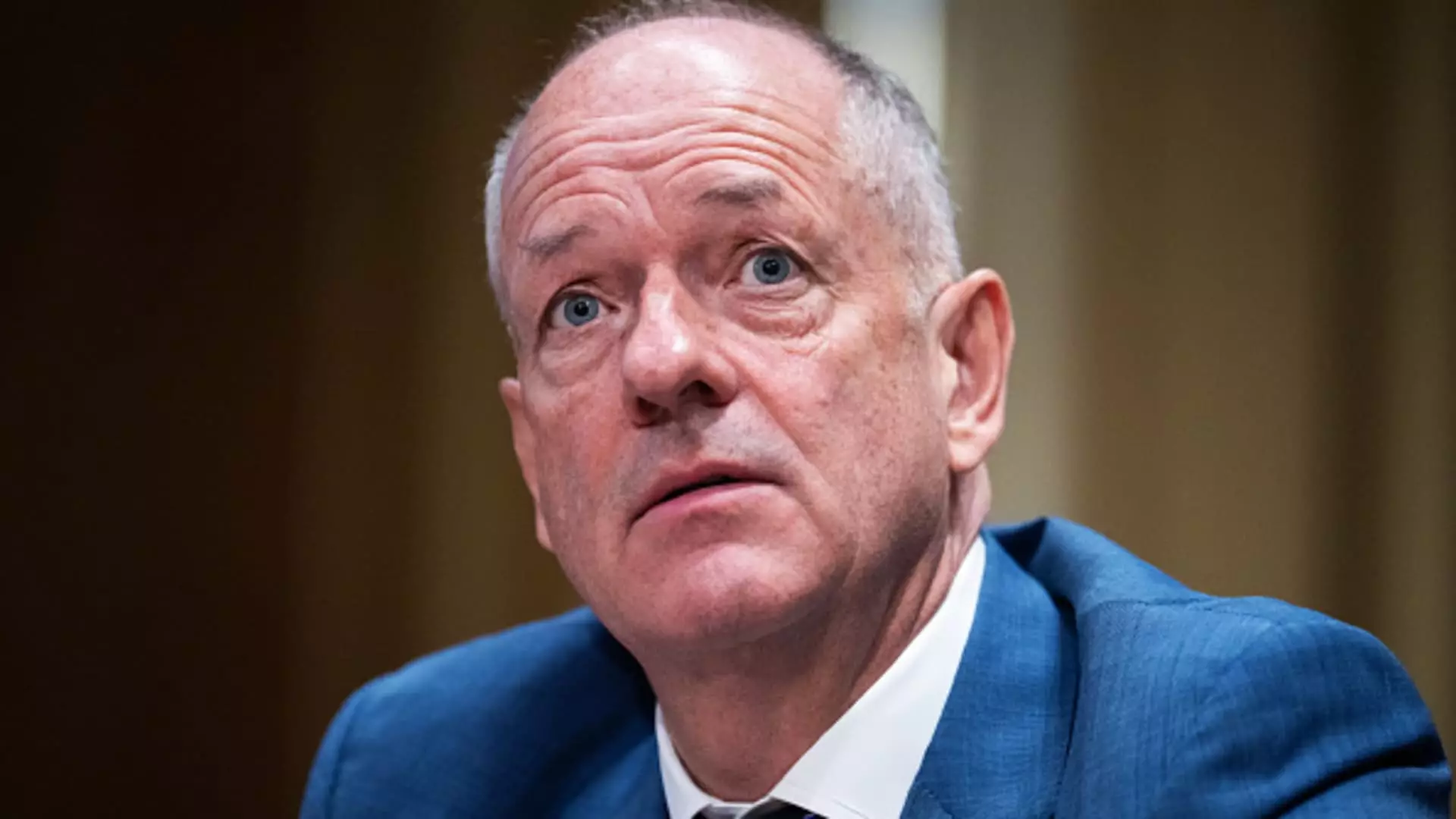The recent untimely death of Brian Thompson, the CEO of UnitedHealthcare, has sent ripples of shock throughout the healthcare industry. His death during a seemingly routine day underscores the fragility of life and leadership within the complex tapestry of healthcare governance. In the wake of his passing, Andrew Witty, the CEO of UnitedHealth Group, released a poignant opinion piece in The New York Times, where he recognized not only the personal loss but also the pressing need to scrutinize the very foundations of the U.S. healthcare system. Thompson, who led the nation’s largest private insurer, undoubtedly occupied a pivotal role in shaping healthcare narratives and policies. His leadership was characterized by a commitment to improving patients’ experiences amid a system riddled with challenges.
Witty’s reflections bring to light an unvarnished truth: the U.S. healthcare framework is fundamentally flawed. Witty acknowledges that the system is a “patchwork built over decades,” pointing to the historical inefficiencies and misaligned incentives that have come to define it. Many consumers have voiced their frustrations about the healthcare system through various platforms, laying bare their negative encounters with insurance processes. These frustrations resonate widely as policyholders grapple with denied claims, soaring premiums, and unexpected medical expenses. The growing digital outcry against these systemic shortcomings serves as a testament to the urgent demand for reform.
In face of this turbulence, Witty made a compelling case for collaboration among all stakeholders, urging a collective effort to enhance healthcare quality while driving down costs. His passionate insistence on UnitedHealth Group’s readiness to partner with entities ranging from healthcare providers to government organizations reflects a necessary shift in mindset. The era of isolated efforts must yield to a new paradigm rooted in cooperation and transparency. Witty’s assertion that the insurance industry needs to improve how it communicates coverage explanations brings attention to a critical need for transparency that has long been overlooked.
The unthinkable event of Thompson’s death has catalyzed a heightened scrutiny of the insurance sector. It has sparked conversations about the culpability of insurance companies in the escalating healthcare costs and the overall patient experience. With critics like Luigi Mangione, who has been accused of executing the fatal shooting, representing a broader sentiment, there’s an undeniable tension at play. The emotional turmoil surrounding Thompson’s death has accentuated long-standing grievances against insurers, prompting advocates to call for comprehensive reform.
As Witty emphasized, behind the daunting claims processes are substantial clinical complexities aimed at ensuring patient safety and optimal health outcomes. It is crucial for industry leaders to engage in sincere dialogue about the realities patients face. Moving forward, the focus must shift toward genuine patient care, fostering meaningful partnerships, and facilitating systemic changes that prioritize health and transparency. The lesson from this tragic event is not only a reminder of life’s fragility but also of the immense responsibility borne by those at the helm of the healthcare industry. In memory of leaders like Thompson, the call for reform must turn into action, as we strive for a healthcare system that embodies fairness and accountability.


Leave a Reply